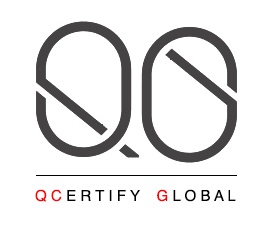ISO Certification and the Future of Healthcare: Ensuring Quality and Safety
The healthcare industry is undergoing rapid transformation, driven by technological advancements, evolving patient expectations, and regulatory changes. In this dynamic environment, ensuring quality and safety in healthcare delivery is more critical than ever. ISO certification plays a crucial role in helping healthcare organizations meet these challenges and adapt to the changing landscape of healthcare.
ISO Certification in Healthcare
ISO certification provides a framework for healthcare organizations to establish and maintain effective quality management systems (QMS). ISO 9001, the international standard for QMS, helps healthcare providers enhance patient satisfaction, improve operational efficiency, and ensure compliance with regulatory requirements. Additionally, ISO 15189 specifies requirements for quality and competence in medical laboratories, ensuring the accuracy and reliability of laboratory results.
Adapting to the Future of Healthcare:
The future of healthcare is characterized by trends such as telemedicine, personalized medicine, and data-driven healthcare. ISO certification can help healthcare organizations adapt to these trends by providing a structured approach to managing new technologies, ensuring the privacy and security of patient data, and enhancing the quality of care through personalized treatment plans.
Case Studies: ISO Certification in Action
Numerous healthcare organizations around the world have embraced ISO certification and reaped its benefits. For example, a hospital in Europe implemented ISO 9001 and saw a significant reduction in medication errors and hospital-acquired infections. Similarly, a medical laboratory in Asia achieved ISO 15189 certification and improved the accuracy and reliability of its test results, leading to better patient outcomes.
Future Trends in ISO Certification and Healthcare
Looking ahead, ISO certification is likely to play an even more significant role in shaping the future of healthcare. Future trends include the integration of digital health technologies, such as electronic health records and telemedicine platforms, into healthcare delivery. ISO standards will help healthcare organizations navigate these trends by providing guidelines for the effective implementation and management of these technologies.
In conclusion, ISO certification is essential for the future of healthcare, ensuring quality, safety, and efficiency in healthcare delivery. Healthcare organizations that embrace ISO standards are better positioned to thrive in an evolving healthcare landscape and provide the highest standards of care to their patients. By investing in ISO certification, healthcare organizations can secure their place at the forefront of healthcare innovation and excellence.






